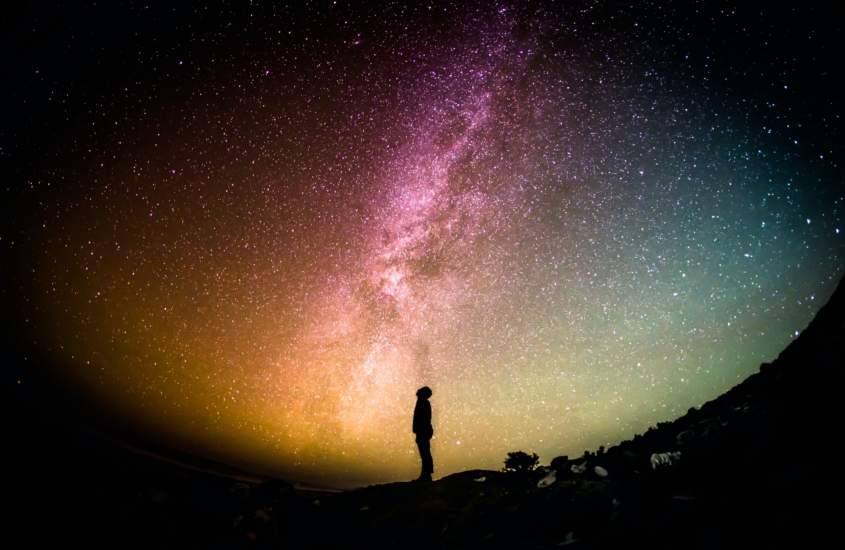Exploring Ourselves, February 5, 2023
Exploring Ourselves
February 5, 2023
With Jackie McInley
Zoom online
Thirteen men and women were present for this Sunday morning meeting. Most were regular attendees but it seemed quite interesting that one new member of the group was originally from Nepal and had Tibetan roots. He was welcomed warmly into the dialogue environment and seemed to be quickly at home with our style of self-exploration. He had apparently studied Krishnamurti’s teachings to a significant degree and was able to converse easily on the subject of self-knowledge. It soon became clear that we were focused on a deep exploration of the aspects of human conditioning which create an attachment to certain beliefs, assumptions, and ideas of what is necessary in our thought and behaviour. As usual, Jackie led the group by questioning any assumptions that arose and was willingly joined in the endeavour by everyone present. One of the participants asserted that he questioned everything he thinks and he appeared to find no argument there. The issue of the “observer” and the “observed” was proposed as being perhaps the central habit of thought creating conflict and confusion. It was said that “experimentation” is necessary in order to go beyond what the mind says is necessary. A crisis may need to happen in us before we can clearly see the harm done by the division between the “I” and the world. We may need to face the fact of psychological death.
The inquiry moved into the issue of listening. What is the quality of our listening to each other? Can we see or hear what is being said or can we see the impediments to deeply listening as they arise? Are we interpreting what is being said rather than conversing in a state of clarity? Can we listen to ourselves at the same time we are listening to others? Is our listening revealing things or obscuring them? Can we observe without judgement or without “intention” in the form of an agenda? How does an interest in finding out fit in? It was suggested that seeing what thought is doing weakens its “drivenness” and dissolves its tendency to become solid. The result may then be a greater spaciousness and openness. As we moved along we were regularly challenged by Jackie, our facilitator, to keep questioning all conclusions and assertions of “knowing”. This seems to keep the energy of the group and of the dialogue from getting bogged down with an acceptance of ideas that may be less than fully true or supportive of freedom. There is a sense of digging tentatively – and yet possibly more deeply – into the nature of reality and the consciousness of the human being (which is us).
DB



